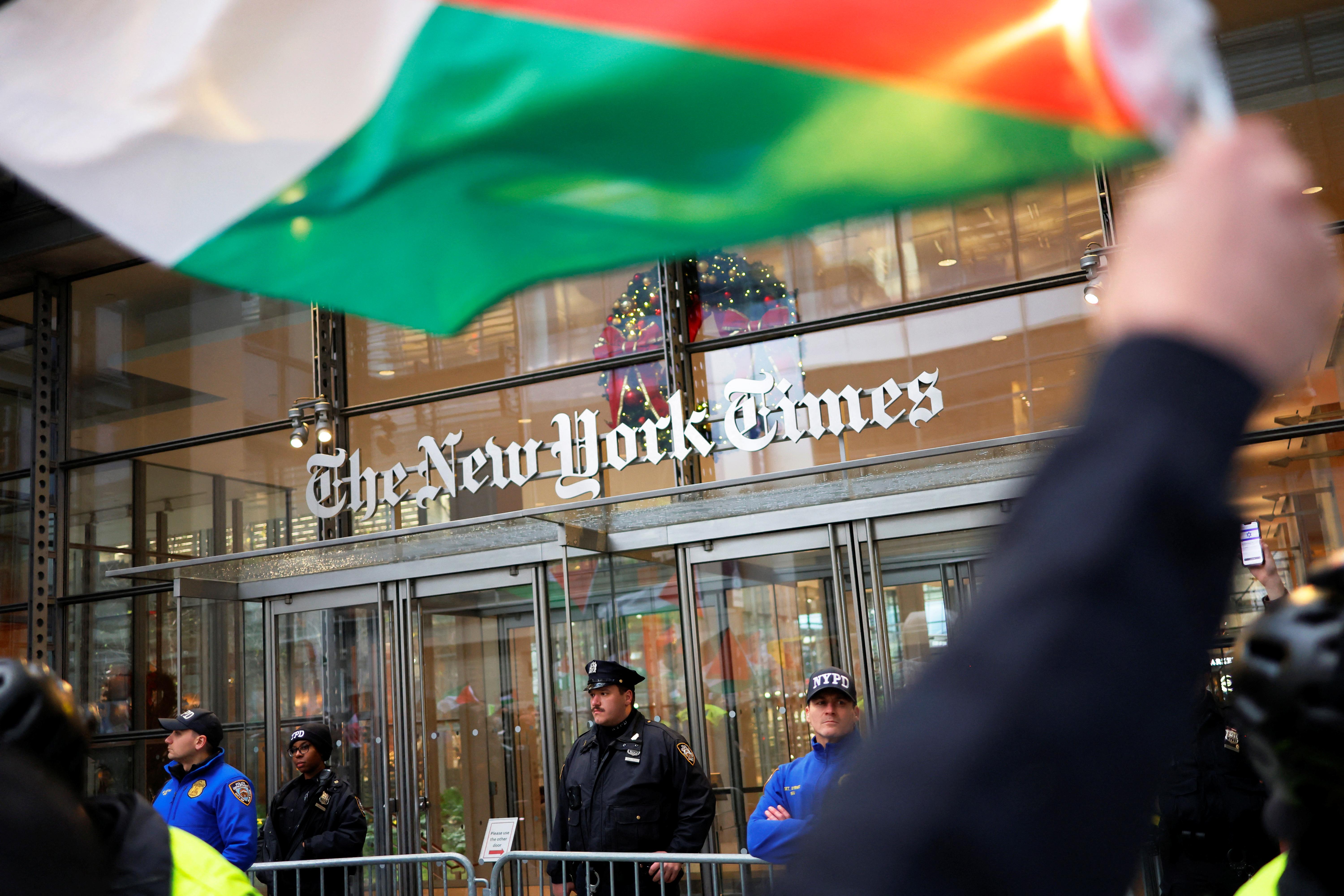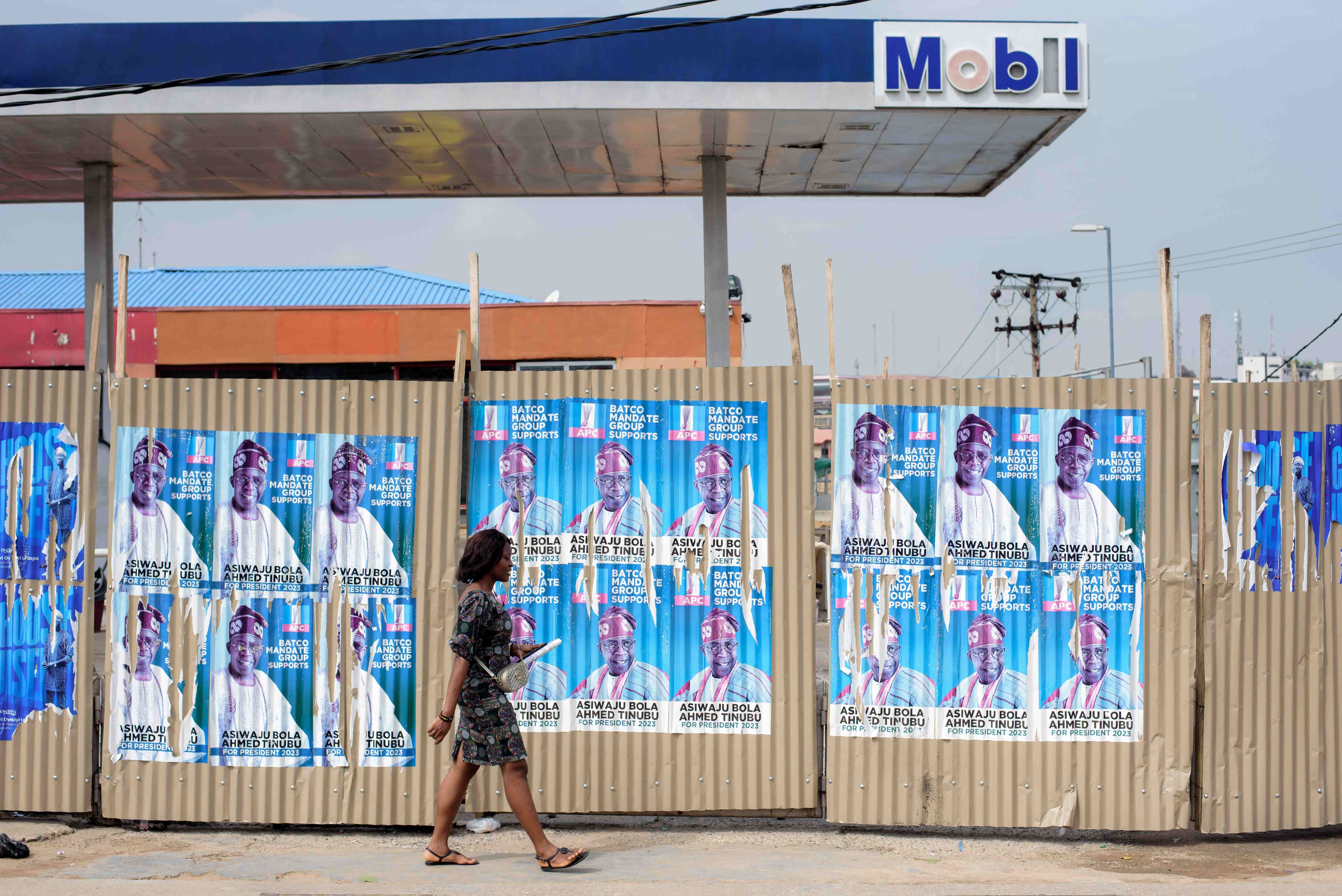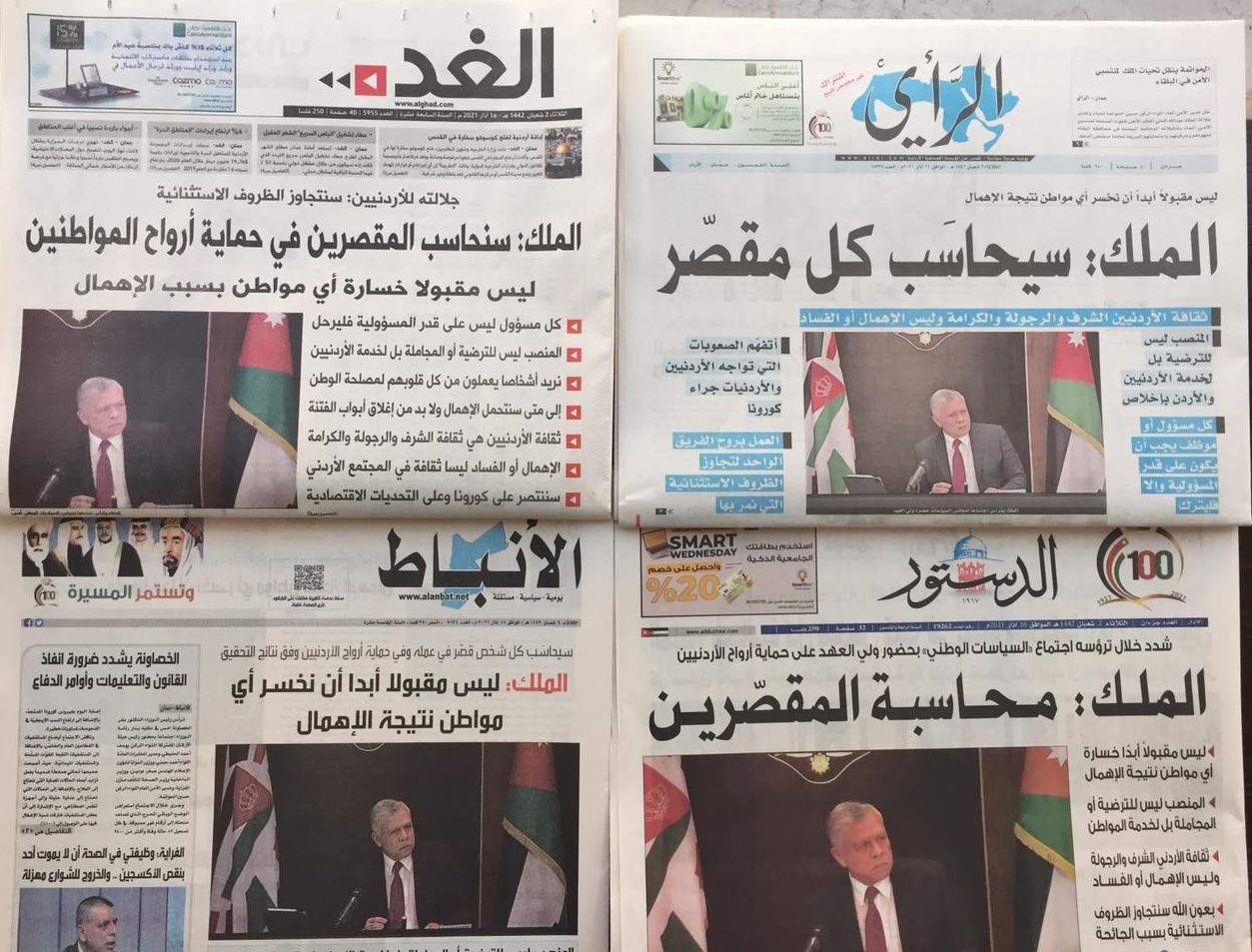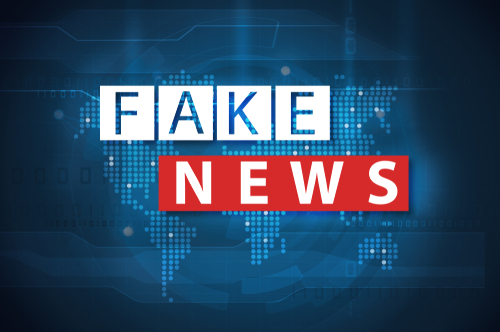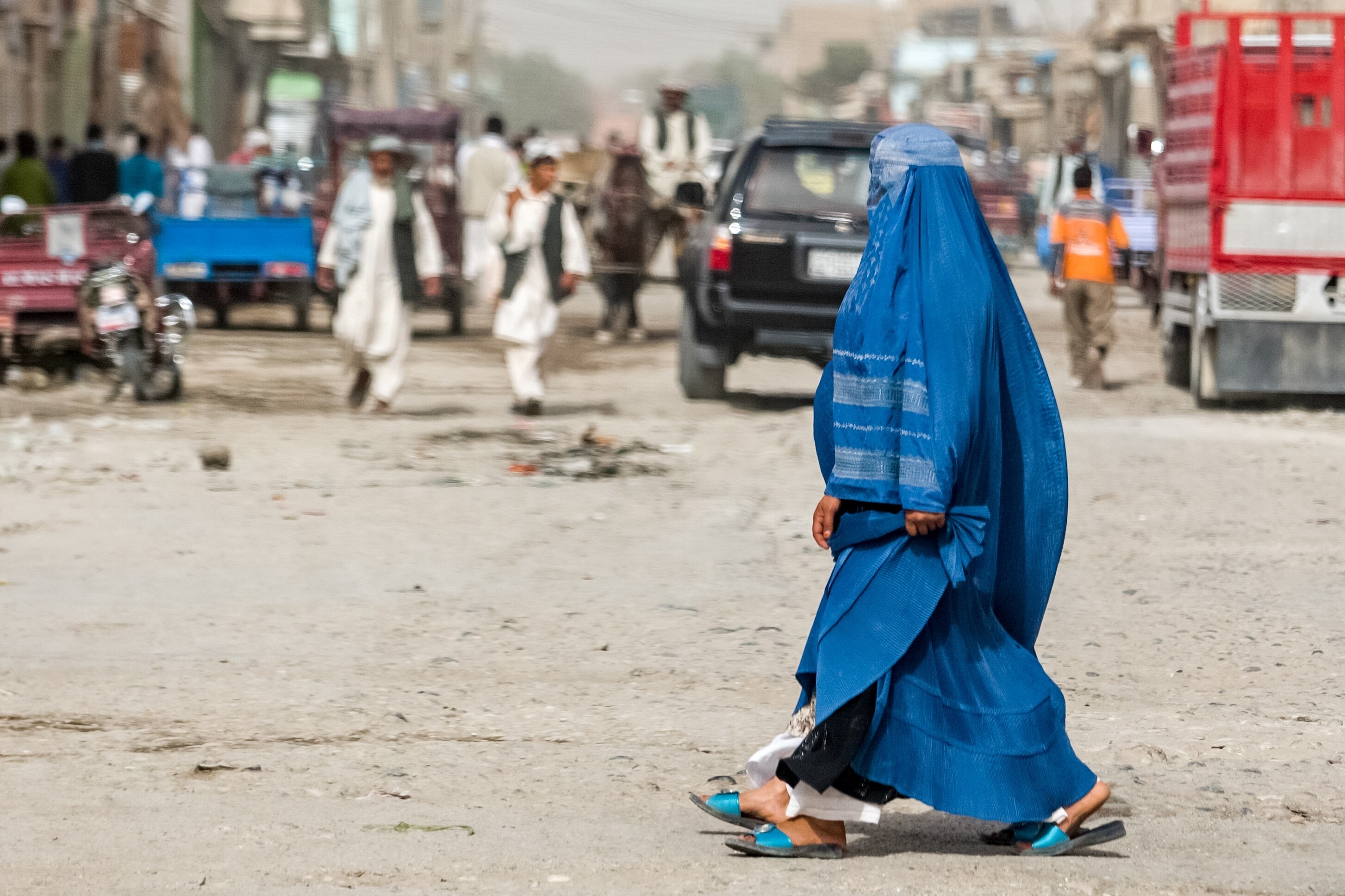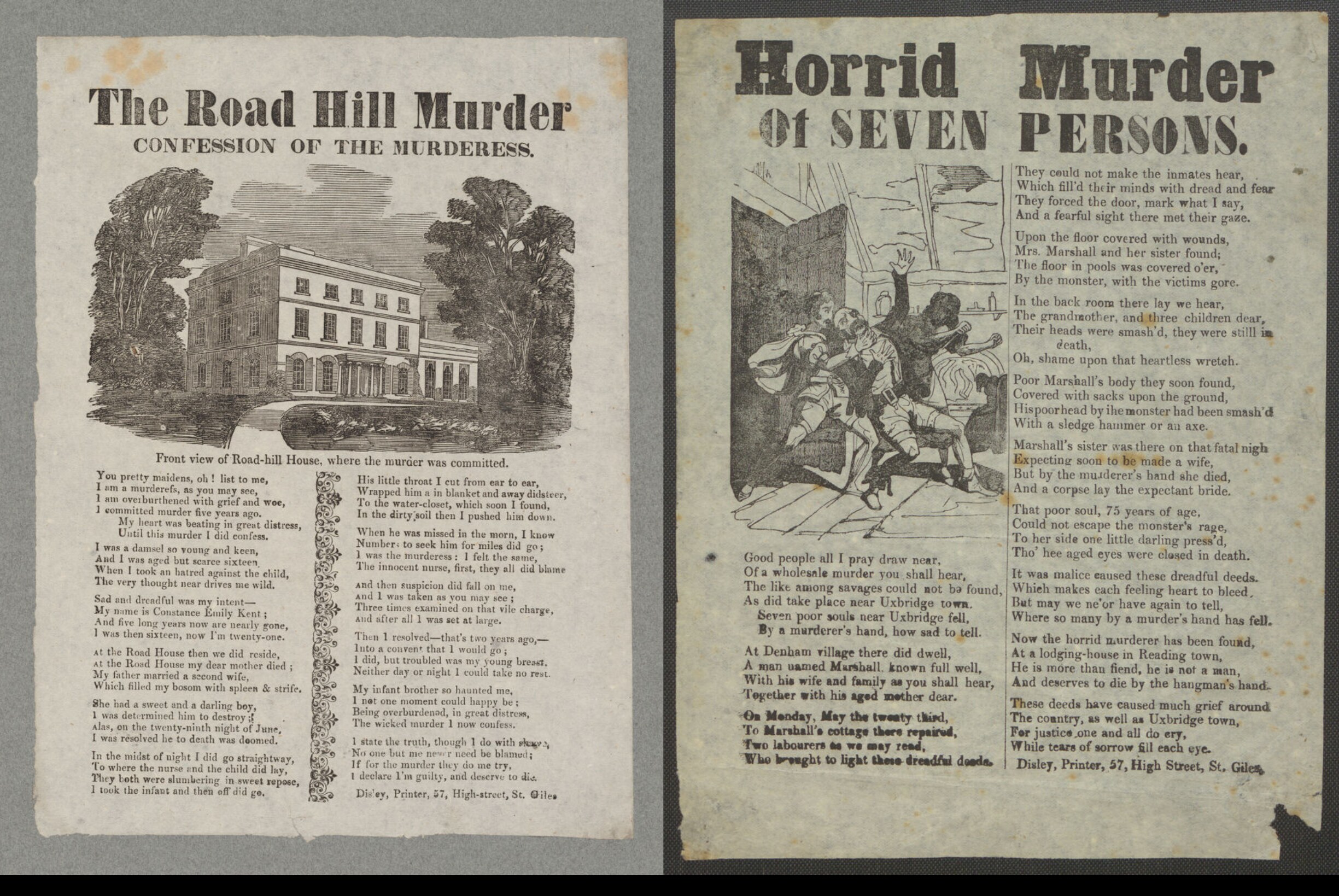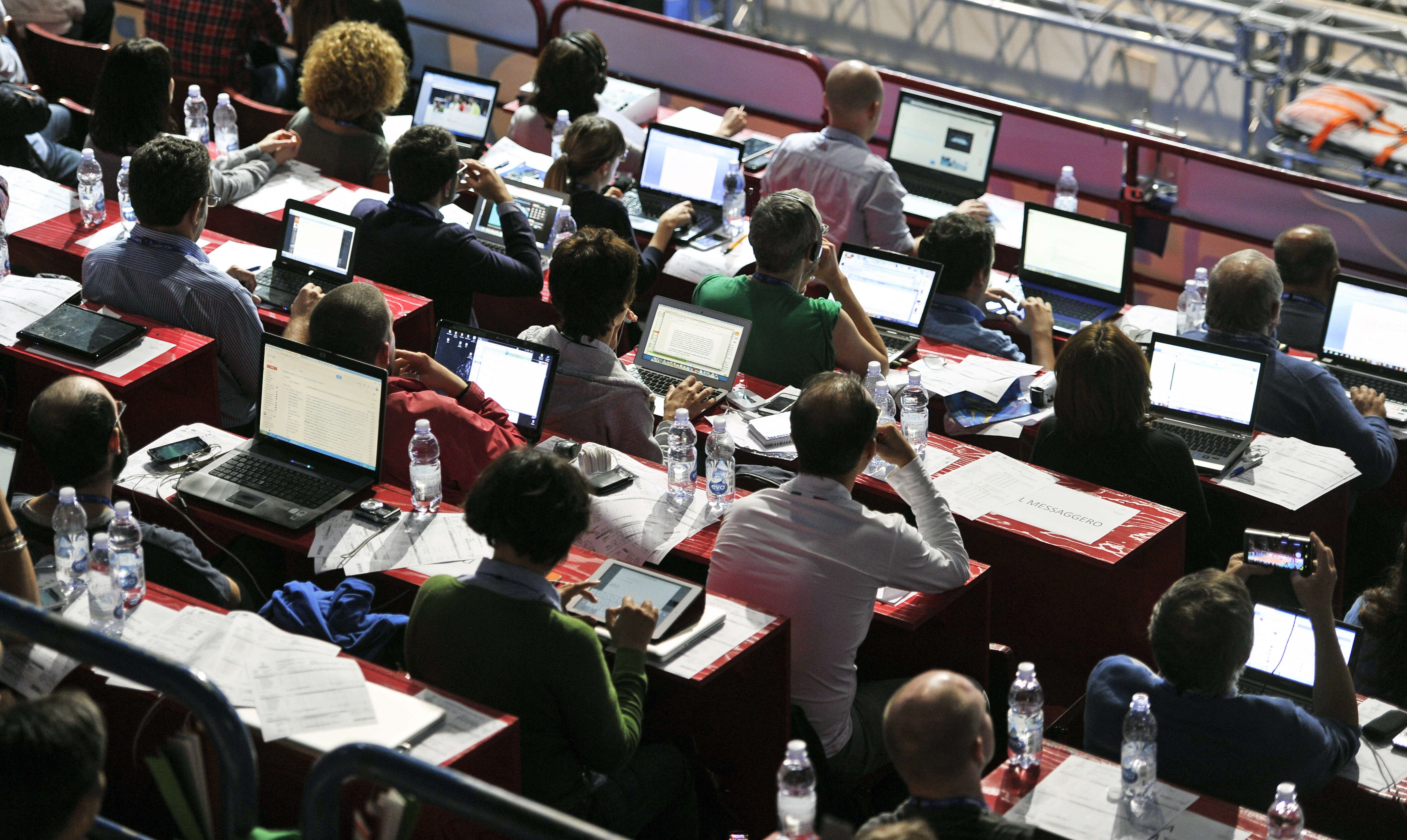Reports reveal a growing loss of trust in the media, driven by the extent of misinformation that undermines professional journalism's ability to influence public discourse. The platforms of misinformation, now supported by states and private entities during conflicts and wars, threaten to strip the profession of its core roles of accountability and oversight.
(Translated from Arabic)
In the late 19th century, a fierce rivalry erupted in New York City between William Randolph Hearst and Joseph Pulitzer, rooted in their shared ambition to maximise profits from newspaper sales. Hearst had acquired the New York Journal to compete with Pulitzer, who owned the New York World. The competition centred on the cartoon character "The Yellow Kid," which was initially published daily in the New York World. Hearst eventually lured the cartoonist Richard Outcault to his own paper, sparking a tug-of-war over the character, who satirised various issues in politics and society. The popularity of The Yellow Kid made his stories a frequent topic of public discussion, prompting Pulitzer to hire a new cartoonist to continue publishing The Yellow Kid series in his own paper, igniting a circulation war between the two publications.
In this struggle, each newspaper sought to attract readers with sensational stories and headlines, often resorting to fabricated stories and misleading titles to sell as many copies as possible.
This approach led people to label both the New York Journal and New York World as "Yellow Kid Journalism," a term which researchers later shortened to "yellow journalism."
Both newspapers were marked by a sensationalistic editorial line, focusing on excitement and exaggeration, sometimes even manipulating facts or fabricating stories. This intense competition fostered unconventional journalistic practices, with the goal of turning journalism into a profitable industry generating huge revenues.
The First Victim
The harm inflicted by yellow journalism, or systematic media misinformation, regardless of its motives, goes beyond advocating for a committed journalistic approach in contrast to others. Rather, it lies in the immense damage misinformation can cause within societies, potentially igniting wars or providing justifications to intensify them.
The American public began to notice the real effects of this misinformation within less than two years. The coverage by the New York Journal and New York World was partly blamed for stoking the Spanish-American War in 1898, due to their fabricated stories rallying the American public towards war against the Spanish in Cuba. The most notable instance was the explosion of the U.S. Navy's USS Maine, in which dozens of soldiers were killed. The newspapers rushed to accuse the Spanish of the explosion without evidence, inflaming public opinion and pushing the United States to go to war with Spanish forces in Cuba alongside Cuban rebels. [1]
Professional journalism has struggled to capture public attention on relevant issues, while public debates have failed to focus on matters that affect people’s lives, creating a climate of confusion that allows media and political lobbies to impose their agendas on public discourse.
The Deadly Impact of Misinformation
Over the past decades, misinformation has fueled the flames of conflicts and wars, most recently illustrated by Western media coverage of the Israeli war on Gaza. This media narrative prolonged the conflict, hindered ceasefire efforts on multiple occasions, and enabled continued escalation.
In a letter signed by more than 50 journalism professors in the United States, they criticised the misleading story published by the New York Times, alleging that Hamas had committed acts of sexual violence on October 7. The professors noted that this misleading narrative undermined efforts to contain the war. [2]
Yellow journalism does not concern itself with facts, nor does it attempt to present partial truths to lend credibility to its stories. Its primary goal is to provide information that aligns with existing stereotypes or preconceptions in society
On October 16, 2023, the BBC website published a response to a purported reader question: "There have been reports that some passages have entrances located on the bottom floors of houses, mosques, schools, and other public buildings to allow militants to evade detection," without providing concrete evidence to support or refute the claim. This response, perceived by some readers as a confirmation of tunnels under hospitals, the next day, an Israeli airstrike on the al-Ahli Baptist Hospital, resulting in the deaths of over 500 Palestinians, most of them women and children who had sought shelter there from the Israeli bombardment. [3]
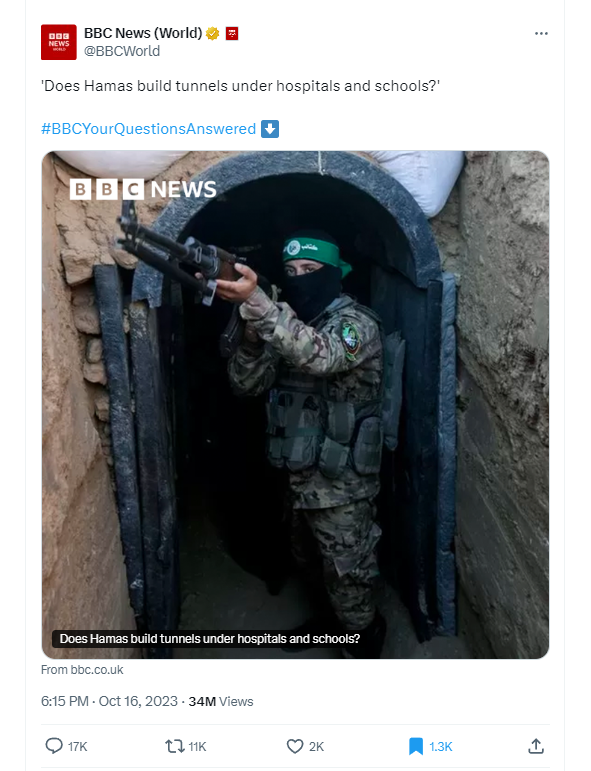
Demonstration of the Facts
Yellow journalism does not concern itself with facts, nor does it attempt to present partial truths to lend credibility to its stories. Its primary goal is to provide information that aligns with existing stereotypes or preconceptions in society, a technique known as the "aesthetic fallacy." This refers to how simply presenting information that resonates with a public's preconceptions can lead that segment to accept misinformation as truth.
Over the years, media outlets have exploited systematic misinformation to generate greater profits and cultural influence, shaping public opinion to serve the interests of politicians and businesspeople. By presenting misleading yet convincing narratives aligned with distorted beliefs instilled by elites, these outlets have promoted misinformation that is easier to believe than unsettling truths. This process demonises anyone attempting to present the facts, ultimately benefiting the elites who manipulate public opinion by keeping the public misled.
Undermining Press Credibility
With the rise of social media and its ability to grant public access to diverse information sources, many researchers assumed the era of narrative control by major media outlets was over and the cultural dominance of political and economic elites was nearing its end.
Over the years, media outlets have exploited systematic misinformation to generate greater profits and cultural influence, shaping public opinion to serve the interests of politicians and businesspeople.
This assumption appeared accurate in the early years of social media. However, elites soon recognized the looming threat to their ability to control public narratives, initiating a more complex phase of misinformation led by states and capitalist institutions. They flooded the public space with overwhelming amounts of misinformation to divert discussions on almost any issue. This backlash eroded public trust in media to the extent that people now question even the truth itself. Consequently, professional journalism has struggled to capture public attention on relevant issues, while public debates have failed to focus on matters that affect people’s lives, creating a climate of confusion that allows media and political lobbies to impose their agendas on public discourse. [4}
This trend is confirmed by the public’s waning trust in journalism and declining interest in news and political discussions. According to a Pew Research Centre report, nearly half of Americans (45%) no longer discuss political issues in their conversations.
This decline threatens journalism's core function of monitoring power and educating the public on matters affecting their lives, leaving a vacuum filled by sensational journalism that provides only what the public wants to see. Meanwhile, politicians continue their wars and corruption unchecked.
[1] Carey, Craig. "Breaking the news: Telegraphy and yellow journalism in the Spanish-American War." American Periodicals (2016): 130-148.
[2] https://www.washingtonpost.com/style/media/2024/04/29/new-york-times-oc…
[3] https://x.com/BBCWorld/status/1713936586411311331
[4] Michailidou, A., Eike, E., & Trenz, H. J. (2021). Journalism, truth and the restoration of trust in democracy. Reproduction.
